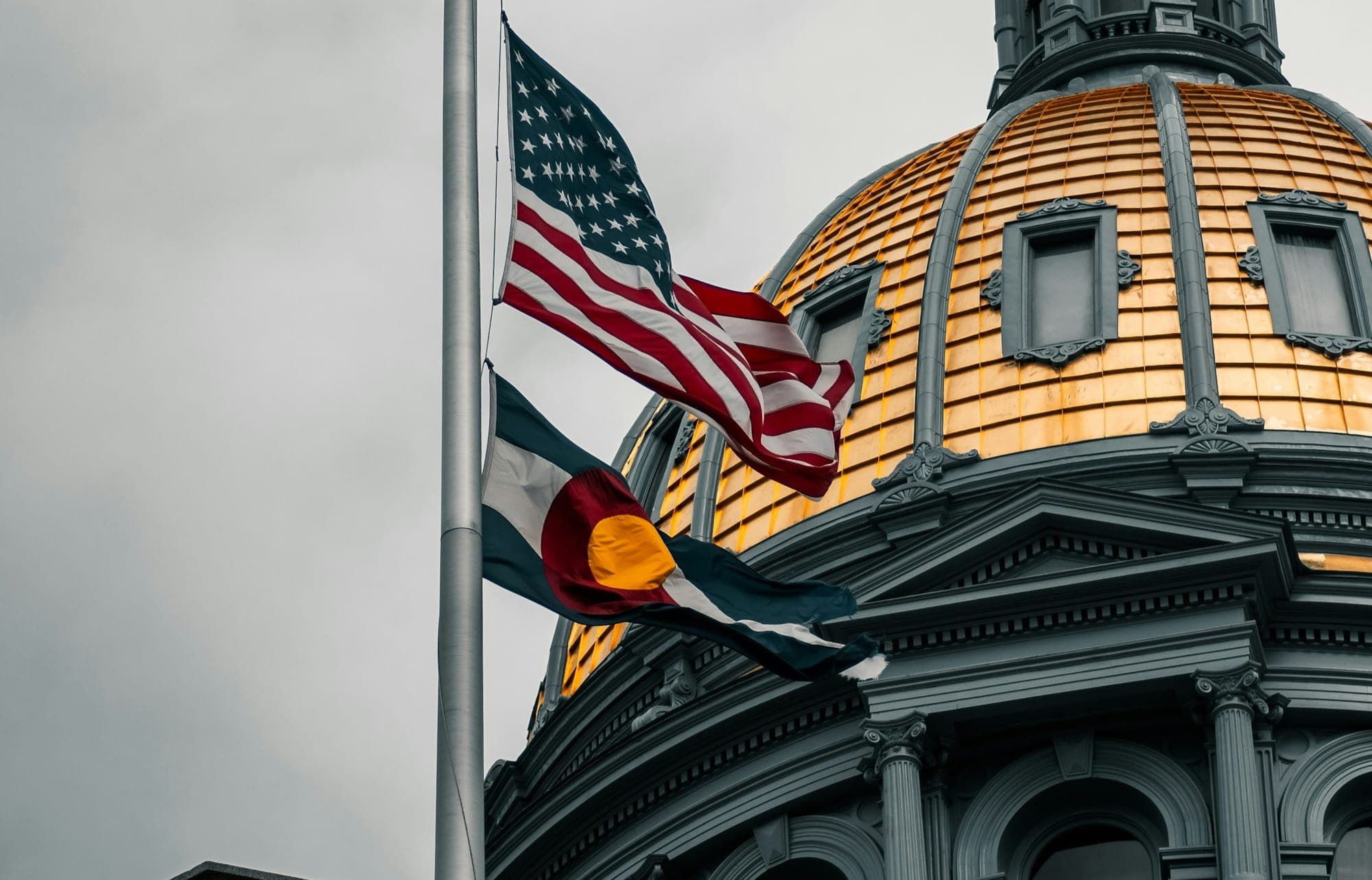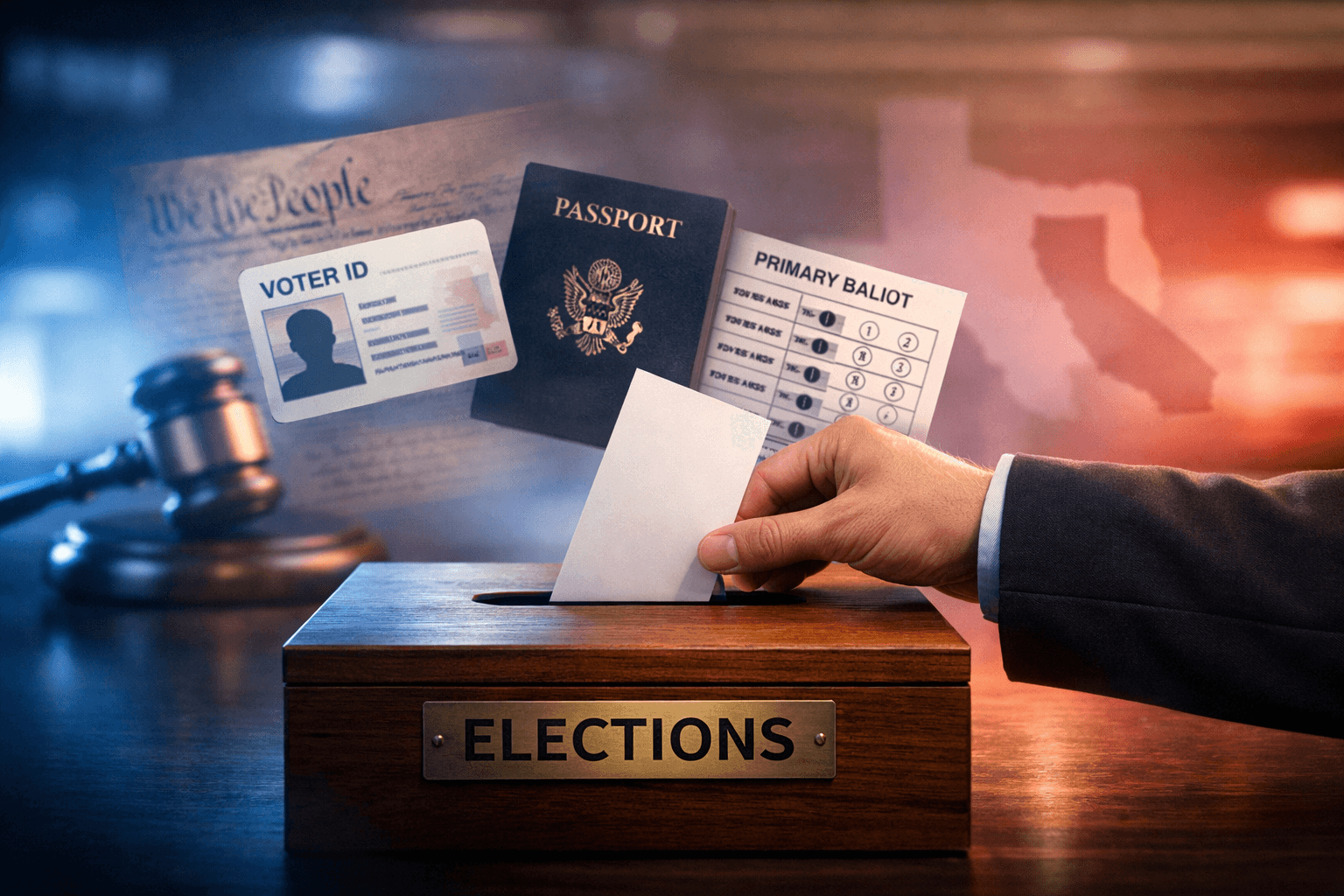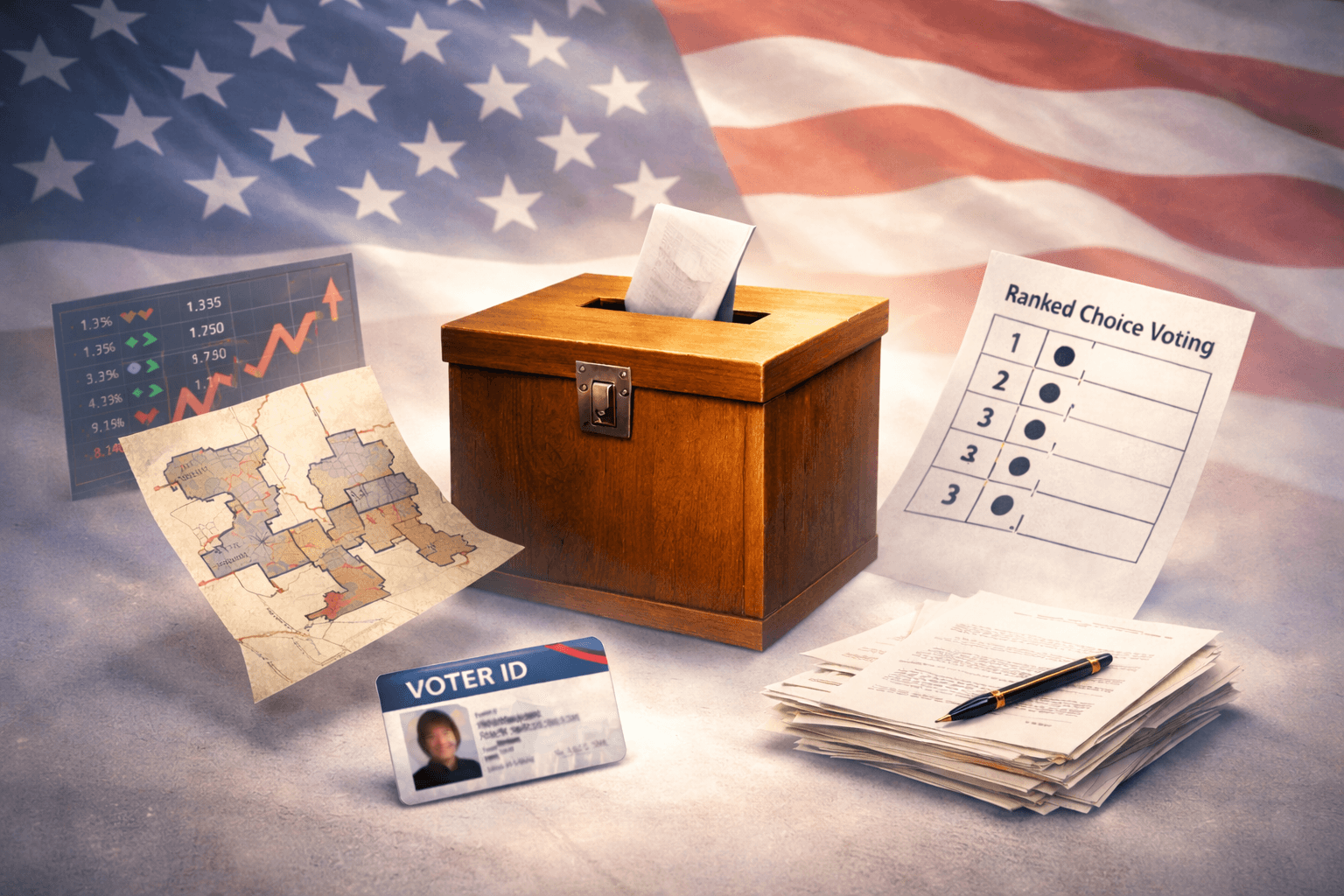Court Rejects Colorado GOP's Attempt to Deny Independents Access to Primaries

Photo Credit: Colin Lloyd on Unsplash
A federal judge blocked an effort by the Colorado Republican Party Friday to deny independent voters access to the party's primary elections. The court ruled that the GOP failed to provide evidence of a substantial burden to its interests or its constitutional rights.
The ruling also found that the party's constitutional challenge to Colorado's semi-open primary rules put in place under the voter-approved Proposition 108 in 2016 would likely fail because of this lack of evidence.
Proposition 108 established primary rules for the state that allowed registered unaffiliated voters to pick a party's ballot in primary elections without changing their party registration for all elections outside presidential. Prop 107 (also 2016) established open presidential primaries.
Meanwhile, registered party members have to vote in their respective party's primary. It is called a semi-open partisan process.
Unaffiliated voters in Colorado outnumber Republicans and Democrats, making up nearly half of the registered voting population (47%). However, prior to Prop 108, their right to an equal and meaningful vote in state elections was conditioned on joining one of the two major parties.
Prop 108 also allows parties a way to opt-out of primary elections under one condition: If three-fourths (75%) of a party's state central committee votes to move to a nomination process by convention or committee vote, they can -- but it would not be funded by taxpayers.
The Colorado GOP filed a lawsuit on July 31, 2023, to challenge the constitutionality of Prop 108. It alleged that the new voting rules infringed on the party's First Amendment rights; specifically, "the right of political parties to choose their nominees for office without interference by those who are not members of the party and have chosen not to affiliate with the party.”
It's an argument both parties have relied on to close primaries or keep them closed in states across the country. The Hawaii Democratic Party, for example, used the same arguments when they sued to overturn state law that requires open primaries back in 2012.
Much like in Colorado, the 9th US Circuit Court of Appeals ruled that "the extent to which Hawaii’s open primary system burdens the Democratic Party’s associational rights is a factual question on which the Party bears the burden of proof.”
In that regard the party had "not developed any evidence” to meet the claimed burden to its rights. The 9th Circuit upheld the open primary rules.
The First Amendment burden is tougher for parties in Colorado to meet because state law explicitly gives them an option to opt out of primaries should party leaders and their members decide to use conventions or executive committee votes to decide nominees.
State GOP leaders have tried to op-out of non-presidential primaries. An executive committee vote in 2023 got 65% support, which fell 10 points short of the required threshold. Many party officials argue the threshold is itself a burden, but the court disagrees.
"The Party’s inability to opt out of the semi-open primary for the last three election cycles is not due to an impossible structural barrier, but rather arises from robust policy disagreement within the Party," wrote Chief Judge Philip A. Brimmer.
The Colorado GOP tried to use the 2000 Supreme Court decision in California Democratic Party v. Jones to make its First Amendment case. The high court asserted the private associational rights of parties when it struck down California's use of a blanket open primary.
However, Brimmer rightfully noted that the blanket primary and Prop 108 are completely different. Blanket primaries give all voters and candidates access to the same ballot and the top vote-getters from each party move on to the general election as their party's nominee.
This means any voter from any party could vote for any candidate and the parties would have no idea who was picking their nominees. The same cannot be said for a semi-open partican process where primary voters are either party members or independents.
"A political party does not have a constitutional right to nominate its candidates by a certain method," Brimmer wrote. He added that "(i)ncreasing voter participation in primary elections is an important State interest."
Brimmer said the party failed to provide evidence of crossover voting, which happens when a party member switches affiliation in order to infiltrate an opposing party's primary to affect the results, and rejected the claim that independent voters have changed the primary results in a way that burdened the party's interests.
Voting in the March 5 primaries in Colorado is currently underway. Even if the state Republican Party won a preliminary injunction against the semi-open primary system, it would not have affected the 2024 cycle.
 Shawn Griffiths
Shawn Griffiths






